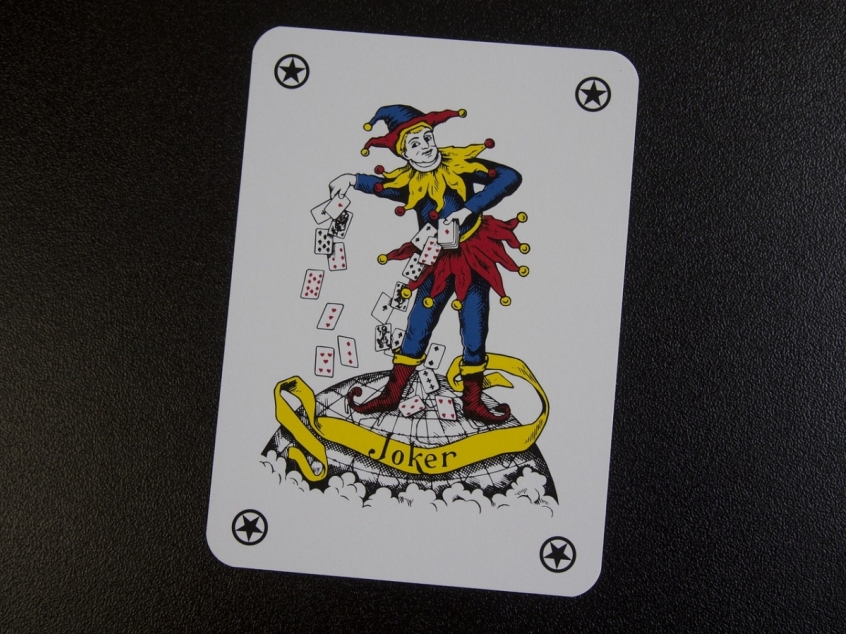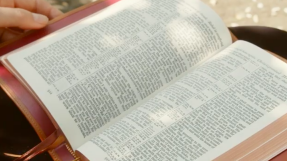There's no character trait the Bible condemns more than folly. The fool – particularly a target in the book of Proverbs – is a pitiful creature, who deserves no respect and should be shunned for the harm he does.
But 'fool' is never defined, except in terms of what they do. To understand what a fool is – and so to avoid being one – we need to pay attention to how Proverbs describes them. Here are seven types of fool.

1. How long will you who are simple love your simple ways? How long will mockers delight in mockery and fools hate knowledge? (Proverbs 1:22).
Fools don't learn. They can't be bothered to read, to study or to listen to those who know more than they do. They think they know everything already. Knowledge confuses them, because there's so much they don't know. Rather than take the time and trouble to learn, they dismiss it all and go by what they would say is their 'gut instinct' – uninformed prejudice, in other words. In the world of the social media echo chamber, this is particularly relevant.
2. For the waywardness of the simple will kill them, and the complacency of fools will destroy them (Proverbs 1:32).
Fools think everything will be alright. Complacency is assuming tomorrow will be like today and there's no need to prepare for trouble or hard times. Sometimes fools assume God will not let anything bad happens (Christians who assume climate change doesn't matter and that we can't really harm the world because God won't let it happen are like this). But we should prepare for what lies ahead, before it's too late.
3. Whoever conceals hatred with lying lips and spreads slander is a fool (Proverbs 10:18).
Fools are devious. Christians ought to be straightforward and truthful, but fools resent people who are wiser or more gifted than they are and work to undermine them. This can happen in churches, where foolish people frustrate the work of the gospel because they're jealous of those called to preach and teach it.
4. The way of fools seems right to them, but the wise listen to advice (Proverbs 12:15).
Fools don't listen. We all know people like this: they're fond of the sound of their own voices and can't really believe anyone else has anything half as interesting to say. But as an English proverb says, we have two ears and one mouth – listening is far more important than talking.
5. Fools mock at making amends for sin, but goodwill is found among the upright (Proverbs 14:9).
Fools don't repent. One of the marks of a wise and godly person is that they're willing to admit when they're wrong. The fool will do anything rather than confess they have sinned or made a mistake. Humbly admitting our faults part of being a disciple of Christ.
6. Better to meet a bear robbed of her cubs than a fool bent on folly (Proverbs 17:12).
Fools are dangerous. A bear robbed of her cubs is a terrible sight; the wisest thing to do is run away, as far and as fast as possible. This proverb points out one of the consequences of folly – people get hurt because of self-centred, malicious, uninformed judgments.
7. The wise store up choice food and olive oil, but fools gulp theirs down (Proverbs 21:20).
Fools don't do deferred gratification. A famous test in the 1960s and '70s, the Stanford Marshmallow Experiment, offered children a small reward immediately or a larger one if they were prepared to wait. Those who couldn't hold out for the larger reward were found to have worse life outcomes than the others. To lack self-restraint and foresight is foolish, says Proverbs.
Advice about fools in the Bible isn't meant to be judgmental or mocking. It's meant to show us how to avoid folly in our own lives. Knowing how not to be a fool is the first step towards knowing how to be wise.













